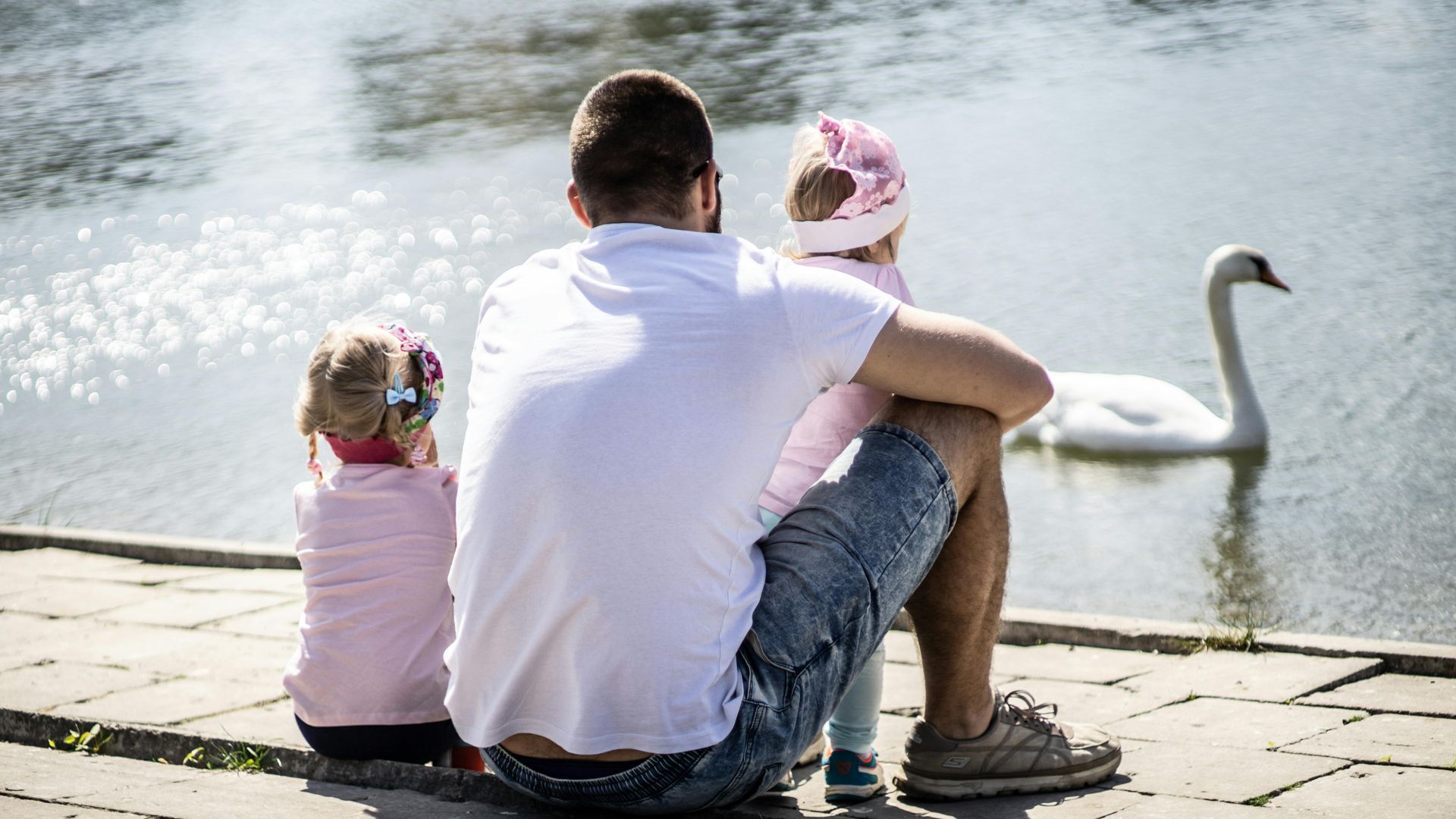Story of Hope: Alfredo Concha
In December 2023, CPS received a Priority One referral regarding a 2-year-old child named Katherine, who had been hospitalized after ingesting narcotics. Her mother, Jessica, admitted to being under the influence of methamphetamines at the time. Katherine later tested positive for amphetamines, prompting the Department to seek removal of both Katherine and her 4-year-old sister, Valerie. Their maternal grandmother expressed willingness to care for them but only if CPS became involved.
CASA advocate Alfredo Concha was appointed to the case and immediately took action. He contacted the grandparents and met with the children. During that visit, he learned that while the grandparents were willing to provide temporary care, they could not commit beyond December 2024. They had already adopted the girls' older sibling, which kept them busy, and as elderly caregivers, they felt unable to raise two young children long-term. They made it clear—either Jessica would have to get her life back on track by December, or the girls would need another placement.
Understanding the urgency, Alfredo used Collaborative Family Engagement tools to seek additional family members who could offer support. He built a strong working relationship with Jessica, which proved invaluable. Through collaboration with Jessica, the grandparents, CPS, and the children's attorney, Alfredo identified and addressed barriers to reunification. A primary concern was Jessica’s history of substance abuse and the risk of relapse.
After completing inpatient drug treatment, Jessica chose to move in with her ex-boyfriend, Robert, and his mother, Marie. Given Robert’s history of substance abuse and their previously volatile relationship, Alfredo recommended that Robert participate in services to strengthen their family dynamic. This included undergoing a substance abuse assessment, engaging in treatment, and completing a domestic violence prevention program. Alfredo also ensured Robert and Marie were included in planning meetings.
During one of these meetings, Marie expressed her willingness to take in the children and committed to caring for them regardless of Jessica and Robert’s relationship. With this new support system in place, the girls were able to return to Jessica on December 3, 2024. CPS and Alfredo closely monitored the placement for several weeks to ensure stability.
By January 2025, Alfredo recommended case closure, allowing the family to move forward with their lives. During the final hearing, Jessica addressed the court, expressing her gratitude. She stated that without the support of CPS and Alfredo, she would not have been able to succeed.









